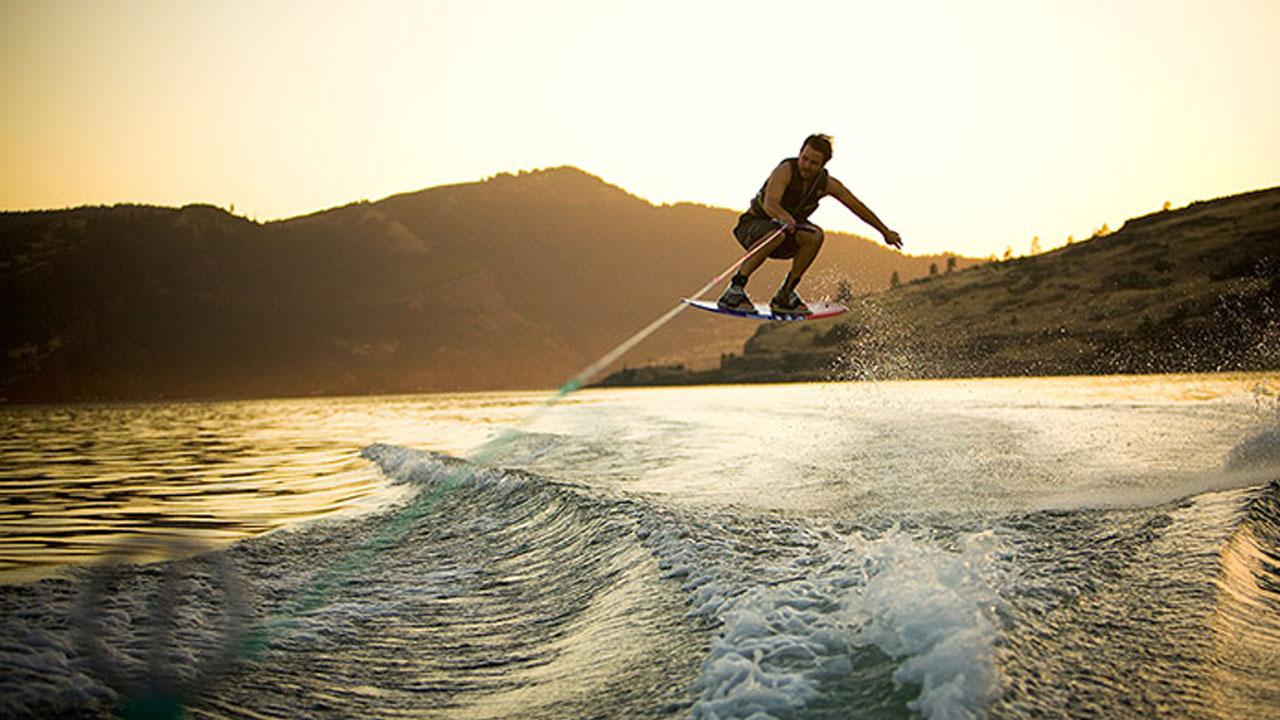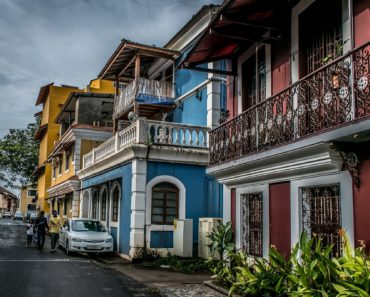Goa may be a small and organized state, but like all other states, it has its own fair share of problems. One of these problems just happens to be traffic related issues which bring many areas of the state to a halt. In order to tackle this, the Atal Setu Bridge was inaugurated on Sunday, January 27.
Here’s everything you need to know about India’s 3rd longest cable bridge, its future and what it holds for Goa.
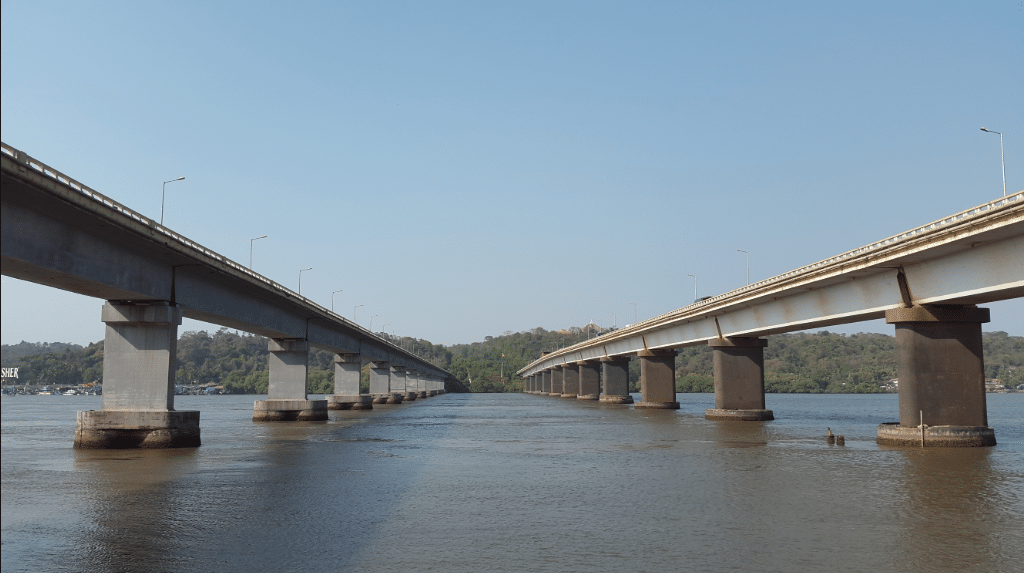
Pre Atal Setu : Brief History
The Mandovi bridge has always been one of the most famous and longest bridges in Goa. Before the bridge was built, the ferry was the main mode of transport across River Mandovi well into the 1970s between Panaji and Betim village. Due to heavy traffic,he first bridge was built in the 1970s. Later in 1986 the first bridge collapsed and was later rebuilt. The second bridge was constructed in 1998 in order to accommodate heavy transport vehicles.
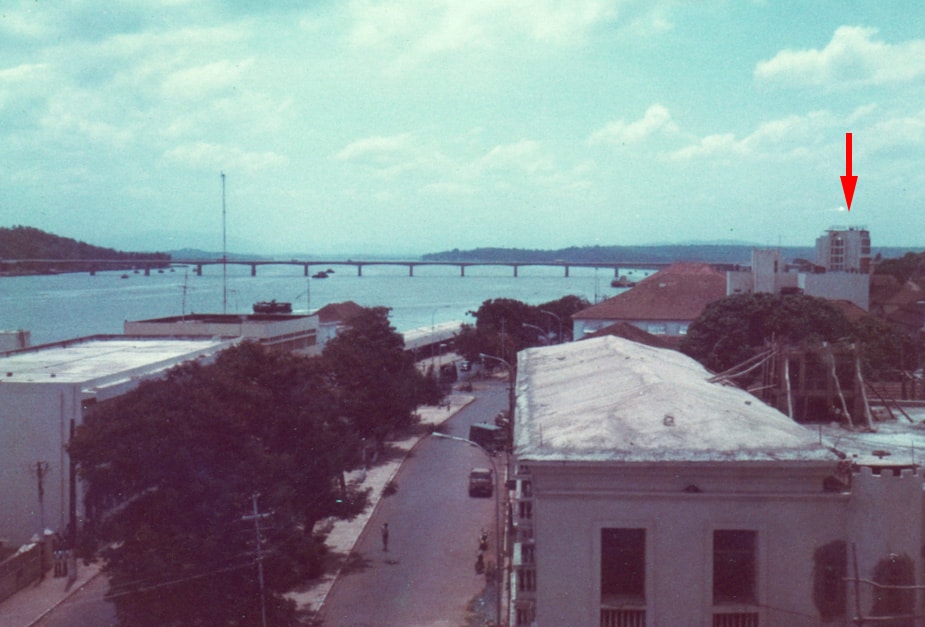
Why does Atal Setu exist?
Atal Setu is the third bridge over the Mandovi river in Panjim. Construction of the bridge began in 2014 after Prime Minister Narendra Modi laid down the foundation stone of the bridge.
The bridge connects areas from Pundalik Nagar to Merces Junction and covers a length of 5.13 kilometers.
In case you’re wondering why the bridge was built, the reason was to expand the already massive NH66 that goes through Goa and to ease up traffic conditions in many parts of the state. The existing two bridges over the Mandovi river were deemed inadequate as per the government and hence, they decided to construct a new one.
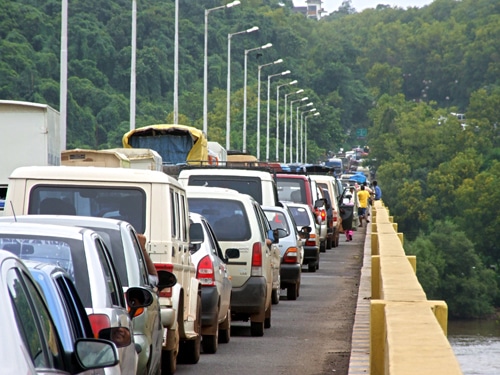
Atal Setu : A modern marvel
Atal Setu was constructed using 1 lakh cubic meters of high strength, high-performance concrete
Almost 13,000 tonnes of corrosion resistant reinforcement steel, 32,000 square meters of structural steel plates. And 1,800 kilometers of high tensile prestressing strands have gone into making the bridge.
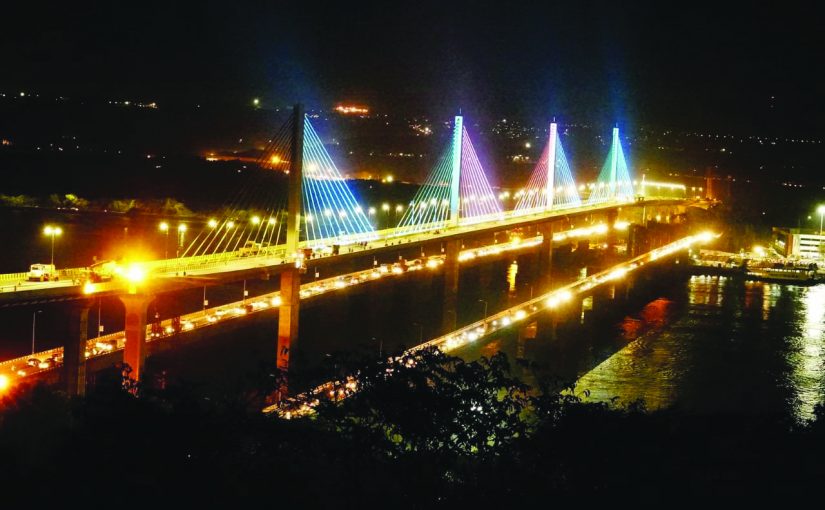
Facts about Atal Setu
- All of Atal Setus fixtures that have been used on its facade are dustproof and waterproof. Along with the ability to withstand strong impact.
- The illumination on Atal Setu’s facade has been made possible. Due to the use of special LED emitting lights that operate in a linear motion. making color transitions happen smoothly.
- The RGB fixtures on the ropes, top and bottom pylons and the sides are controlled from one central controller. This is done to ensure that the synchronization of the lighting happens properly.
- The Streetlights used on Atal Setu are expected to have 100000 burning hours.
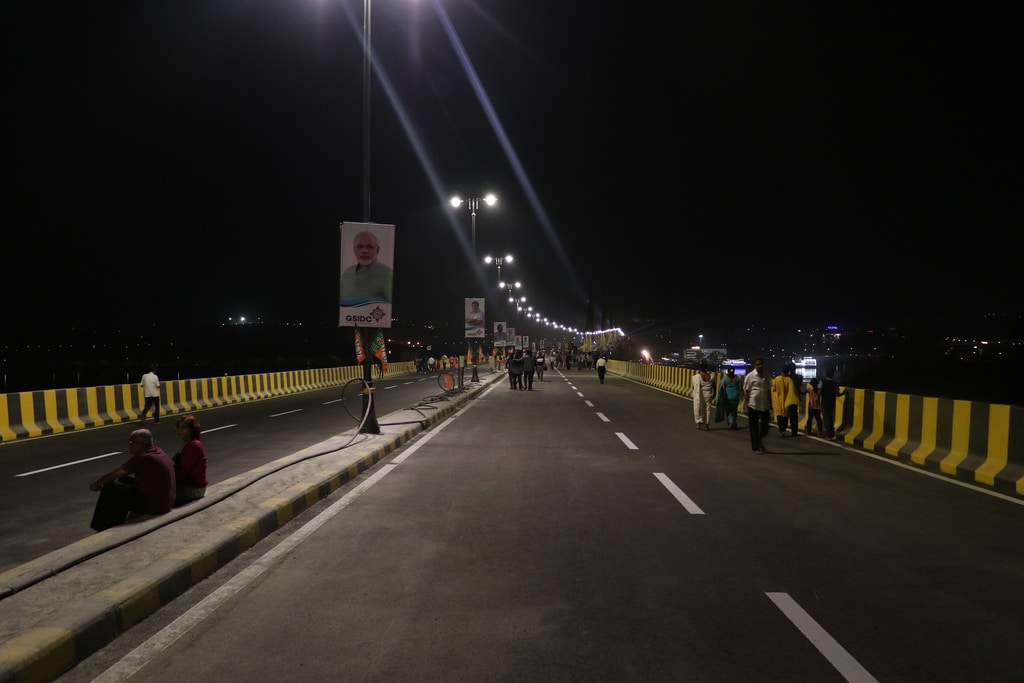
Loved what you read? Be sure to install the Lokaso app and stay tuned.

